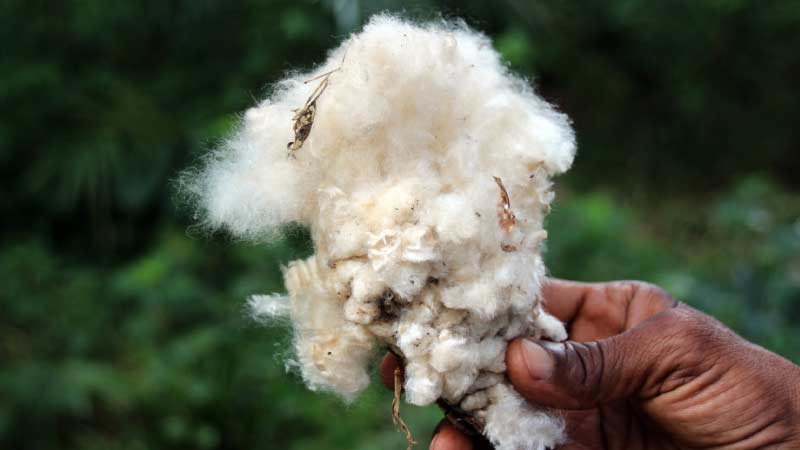Recent Developments in Commodity Markets and Opportunities for Commodity-Based Trade and Development in Natural Resource Sectors
-
Recent developments and new challenges in commodity markets, and policy options for commodity-based inclusive growth and sustainable development
Overall, commodity prices eased and were less volatile compared with previous years. However, they remained elevated relative to their long-term trends. Improved weather conditions and good harvests drove food prices down from their high in the summer of 2012.
Base metal prices were relatively bearish mainly due to ample supply as well as uncertainty over global economic recovery. Projections indicate that by the end of 2013, the average annual price of gold will have likely experienced its first drop in 13 years.
-
Natural resources sector: Review and identification of opportunities for commodity-based trade and development
Natural resources contributed positively to the economic development of countries such as the United Kingdom of Great Britain and Northern Ireland during the first Industrial Revolution in the eighteenth and nineteenth centuries.
Natural resources also underscored the early stages of, and still contribute to, the development of countries such as the United States of America, Canada and the Netherlands. Australia and some middle- income developing counties such as Malaysia, Brazil, Argentina and Mexico are all recent examples of commodity-based development.
In the cases of several developing and least developed countries, however, empirical assessments of the link between natural resources and development have yielded negative results, as natural resources have sometimes been associated with the so-called “Dutch disease”, leading to the conclusion that natural resources are a curse, rather than a blessing, to a country.
Objectives of the meeting
The Meeting is expected to provide a forum for sharing country experiences with a view to identifying and implementing appropriate policies at the national, regional and international levels; to addressing the impacts of the volatility of commodity prices on vulnerable groups; and to helping commodity-dependent developing countries formulate sustainable and inclusive development strategies, including those that promote value addition and economic diversification.
The Meeting will identify the ways and means for these countries, particularly those in Africa and least developed countries, to maximize development benefits from commodity production and trade, including the promotion of diversification and the integration of natural resources policies into their national development strategies (Doha Mandate, para. 31(i)).
In accordance with paragraph 56 (g) of the Doha Mandate, it will share the experiences of developing countries to achieve more sustainable and strengthened agricultural production, food security, investment in agriculture and export capacity, taking into account the special needs of African countries, least developed countries and net food-importing developing countries, as well as the needs of small-scale farmers. The Meeting also aims to focus on the empowerment of women and youth.
The Meeting will generate lessons learned from those experiences and identify practical options and actionable outcomes for addressing at the national, regional and international levels the opportunities and challenges of long-standing commodity trade and development issues. It will also review and evaluate the contribution of UNCTAD in assisting developing countries in the area of commodities.
Related
Topic
 Commodities
Commodities
Meeting series
Contact
UNCTAD secretariat, Intergovernmental Support Service
Fax: +41 (0) 22 917 0214
E-mail: meetings@unctad.org or gcf@unctad.org
Mr. Samuel K. Gayi, Head of the Special Unit on Commodities
Tel: +41 (0) 22 917 2131
Fax: +41 (0) 22 917 0509
E-mail: samuel.gayi@unctad.org
tel: +41 (0) 22 917 1648
fax: +41 (0) 22 917 0509
e-mail: catherine.katongola@unctad.org
or
Danièle Boglio
tel: +41 (0) 22 917 6286
e-mail: daniele.boglio@unctad.org



